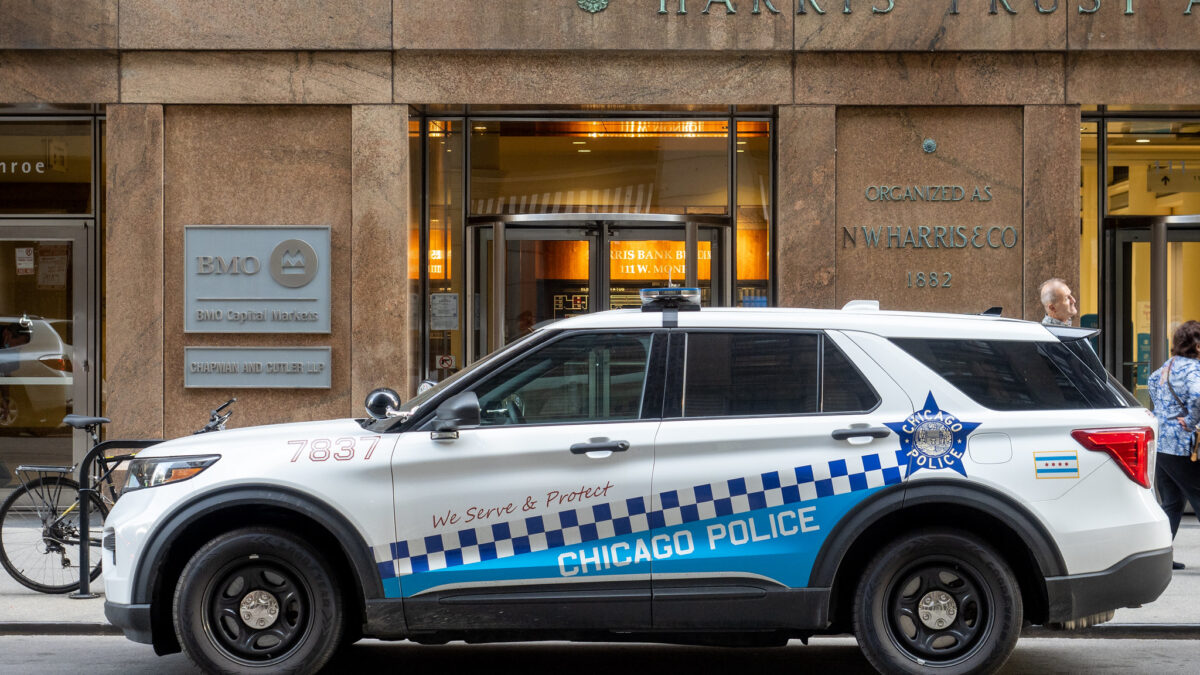The Pulitzer Prize Board last weekend defended its 2018 award to a team of New York Times reporters who devoted story after story to a Democrat-concocted conspiracy framing President Donald Trump as a foreign agent.
On Sunday, the board released a statement saying the organization stood by its 2018 presentations after years of criticism provoked an “independent” review.
“The Pulitzer Prize Board has an established, formal process by which complaints against winning entries are carefully reviewed,” the committee wrote, highlighting multiple submissions received over its joint reward to The New York Times and The Washington Post over the Russia hoax four years ago. The board explained that the entries, including from Trump, led the center to commission two reviews probing the credibility of the outlets’ work.
“The separate reviews converged in their conclusions,” the board wrote, “that no passages or headlines, contentions or assertions in any of the winning submissions were discredited by facts that emerged subsequent to the conferral of the prizes.”
Except the central premise of each paper’s reporting, which sought to undermine the democratically elected president, proved entirely fabricated in the publication of the Mueller report, the product of Special Counsel Robert Mueller.
Theories that Trump was operating in cahoots with Kremlin leadership to capture the White House spread as DNC-funded opposition research in the form of the now-widely discredited Steele dossier. Commissioned by the Democratic Party through the research firm Fusion GPS, the dossier compiled by former British intelligence officer Christopher Steele lodged a series of unsubstantiated allegations about Trump and his alleged involvement with Russia, including the existence of content ripe for blackmail.
The dossier, which itself was based on likely Russian disinformation, was wielded by the media to produce salacious headlines, the FBI to conduct a deep-state coup, and Democrat lawmakers to pursue a witch hunt investigation. That investigation took the shape of a congressionally initiated probe led by Mueller — who, after a more than two-year operation with unlimited resources, found that not one person in the Trump campaign, let alone Trump himself, colluded with the Russian government.
Outlets who parroted the Democrats’ claims remain rewarded with prestigious accolades even as their reporting undermined the democracy they claim to prioritize. The Pulitzer Prize given to The Washington Post and The New York Times in 2018 was no isolated incident in its irresponsible presentation.
In 2020, the Pulitzer award was given to the lead essay in The New York Times Magazine’s “1619 Project.” The essay had already been substantially corrected, with the paper admitting that the primary piece of its new flagship project was historically inaccurate. A 36-word editor’s note pinned to the piece reads, “A passage has been adjusted to make clear that a desire to protect slavery was among the motivations of some of the colonists who fought the Revolutionary War, not among the motivations of all of them.” The note then led readers to an even longer, 500-word “update” from the magazine’s Editor-in-Chief Jake Silverstein, who conceded:
We recognize that our original language could be read to suggest that protecting slavery was a primary motivation for all of the colonists. The passage has been changed to make clear that this was a primary motivation for some of the colonists.
The correction is of no small significance as the new phrasing undermines the central argument of the project to demonize the nation as built for the sole purpose of oppression.
In contrast, no awards were given to the New York Post for breaking the biggest story of the 2020 election. Weeks before the contest, the Post published a series of articles from an abandoned laptop evidently belonging to Hunter Biden, then-Democrat presidential candidate Joe Biden’s son. Revelations from the laptop’s hard drive contradicted the now-president’s repeated claims of never talking about business with his son, “or with anyone else,” and even implicated the future president in corrupt business deals with the Chinese Communist Party.
In fact, rather than reward the paper, which was shunned on social media for its blockbuster reporting, legacy news outlets were quick to bury stories until well after their preferred presidential candidate had made it safely into the White House. The same actors who amplified the Russia hoax against Trump launched a smear campaign to discredit the New York Post as publishing Russian disinformation.









